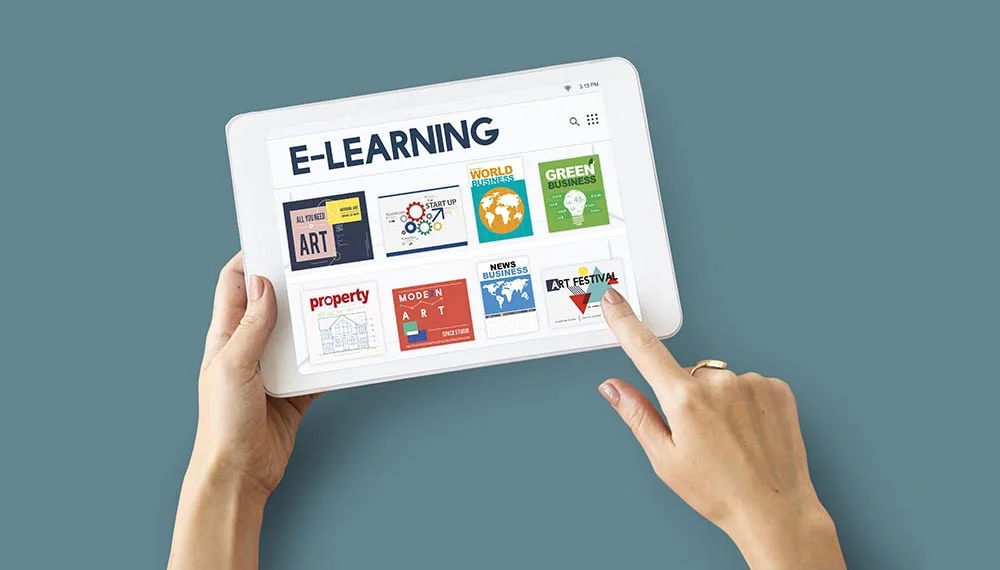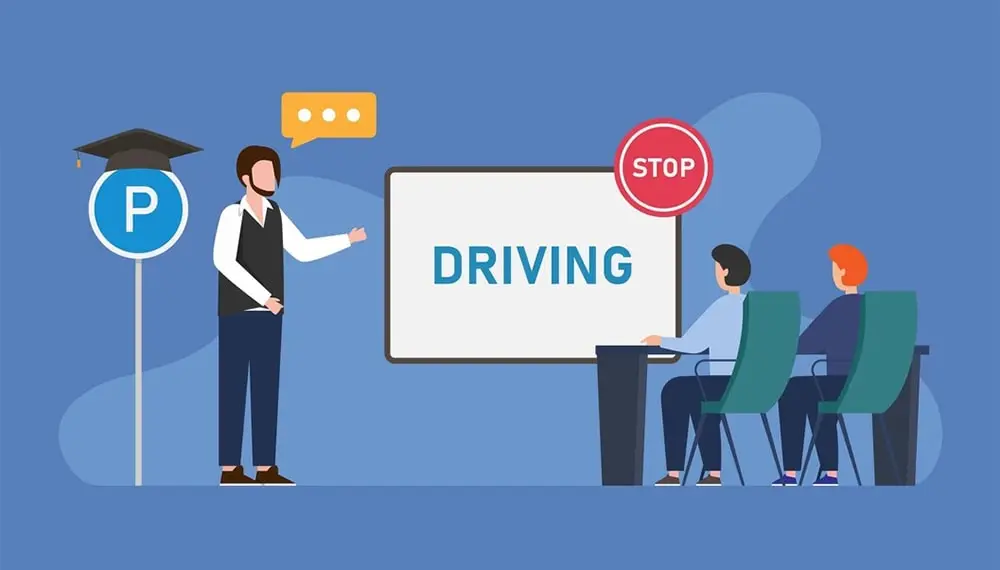The Only eLearning Content Development Guide You Need
Rohit Kumar
09 Oct, 2023

Welcome to the digital age of corporate training. You're at the forefront of a revolution if you're an HR professional, a Learning and Development leader, or a Chief Human Resources Officer. Traditional classroom training is fading, and eLearning is taking center stage. But, the key to a successful eLearning program is its content.
This exhaustive guide will explore the A to Z of creating compelling eLearning content that educates and engages. We'll cover why eLearning content is crucial, how to know your audience, and steps to align your content with organizational goals, among other things. So, buckle up as we dive deep into eLearning content development.
Why eLearning Content is Crucial
Before we delve into the steps of creating eLearning content, it's essential to understand why it's so important. The content is the backbone of any eLearning program. It's what your employees will interact with the most and what will provide them with the knowledge and skills they need to succeed.
Importance
-
Flexibility: eLearning allows for a flexible learning schedule
-
Cost-Effectiveness: It cuts down on physical training costs
-
Accessibility: Available anytime, anywhere
-
Customization: Content can be tailored to individual needs
Types of Content
-
Videos
-
Podcasts
-
Quizzes
-
Games
-
Written Materials
Step 1: Know Your Audience
Understanding your audience is the cornerstone of any successful eLearning program. Without this knowledge, you're essentially shooting in the dark. Knowing your audience allows you to tailor your content to meet their needs, making the learning experience more engaging and effective.
Why It's Important
-
Tailored Content: Knowing your audience allows for content customization
-
Engagement: Content resonates more when it's relevant to the learner
-
Effectiveness: Targeted content is more likely to achieve its educational goals
How to Do It
-
Surveys: Use online surveys to gather information
-
Focus Groups: Conduct focus group discussions
-
Interviews: One-on-one interviews can provide deep insights
Step 2: Align With Organizational Goals
Alignment with organizational goals is a must. When your eLearning content syncs with your company's objectives, it becomes a powerful tool for business growth. It ensures that your training program adds real value to your organization.
Why It's Important
-
Cohesion: Ensures training is in sync with company objectives
-
Relevance: Makes the training program more applicable to daily work
-
ROI: Alignment with goals ensures a better return on investment
How to Do It
-
Consult Leadership: Discuss organizational goals with top management
-
Identify Pain Points: Find out what challenges the organization is facing
-
Create Objectives: Formulate training objectives that address these issues
Step 3: Make It Accessible
Accessibility in eLearning goes beyond compliance and is all about inclusivity. Making your eLearning content accessible ensures that it is accessible to as many people as possible, including those with disabilities. That broadens your reach and enhances the learning experience for all users.
Why It's Important
-
Inclusivity: Ensures everyone can access the content
-
Compliance: Meets legal requirements for accessibility
-
User Experience: Enhances the overall learning experience
How to Do It
-
Text-to-Speech: Implement text-to-speech features
-
Visual Aids: Use images and videos to support text
-
Easy Navigation: Ensure the platform is easy to navigate
Step 4: Enrich the Content
Adding multimedia elements to your eLearning content is about catering to different learning styles. Some people are visual learners, some are auditory learners, and some learn best through interaction. Enriching your content ensures that you cater to all these different styles, making your program more effective.
Why It's Important
-
Engagement: Rich content is more engaging
-
Retention: Helps in better retention of information
-
Versatility: Appeals to different learning styles
How to Do It
-
Gamification: Introduce game elements
-
Animations: Use animations to explain complex topics
-
Quizzes: Include quizzes for assessment and engagement
Step 5: Continuous Improvement and Feedback
Feedback is an ongoing process that plays a crucial role in the success of your eLearning program. Collecting and analyzing feedback allows you to understand what's working and what's not, allowing you to make timely improvements.
Why It's Important
-
Quality Assurance: Regular feedback ensures the content meets quality standards
-
Adaptability: Allows for real-world testing and adjustments
-
Learner Satisfaction: Positive feedback boosts learner morale and engagement
How to Do It
-
Surveys: Use post-course surveys to collect learner feedback
-
Analytics: Monitor user behavior and performance metrics
-
Iterative Updates: Make regular updates based on feedback and performance data
Step 6: Scalability and Future-Proofing
As your organization grows, your eLearning program should be able to grow with it. Scalability ensures that your program can handle increasing users without compromising on quality. Future-proofing involves making sure your content remains relevant and up-to-date.
Why It's Important
-
Longevity: Ensures the eLearning program remains valuable over time
-
Cost-Efficiency: A scalable program is more cost-effective in the long run
-
Relevance: Keeps the content updated and aligned with industry trends
How to Do It
-
Modular Design: Create content in a modular fashion for easy updates
-
Cloud Storage: Use cloud-based solutions for better scalability
-
Regular Audits: Conduct periodic reviews to ensure content relevancy and quality
Creating eLearning content is a complex but rewarding task. It requires a strategic approach, a focus on the audience, and a commitment to quality and engagement. If this seems overwhelming, don't worry. Core Competency is here to help. As a leading learning & development solutions provider, we are your one-stop-shop for all your eLearning needs. Contact us today for a free consultation and take the first step toward a world-class eLearning program for your organization.




